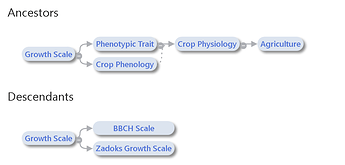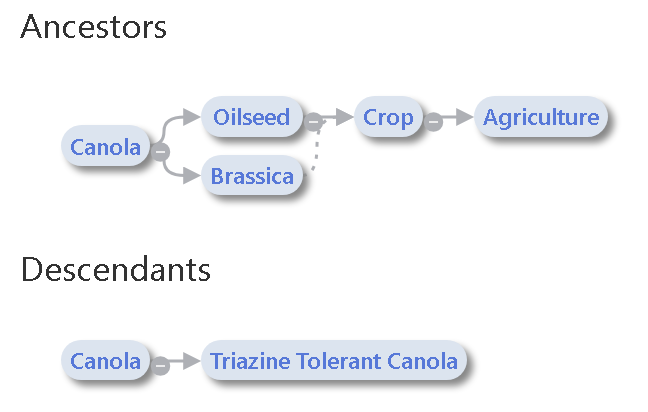I love this idea.
Of course, folks could adapt this as needed. I would just use the ampersand (with spaces around it), myself. It may have other uses, but it’s easy to type, is perfectly legal within tiddler titles, and looks elegant.
One funny thing is that your demo — so far — doesn’t do anything with any tag’s missing “home” tiddler by itself. If typing Bird%Flying as a tiddler title gets me a template, surely this would be because we’re in a tiddly landscape where there’s a virtual tiddler that does something with a category tiddler title like Bird too. And presumably that template would point to which tag intersections (starting from this one) are actually occupied. But I get that this is proof of concept, and I love it.

 . I must find an existing topic or start a new one to discuss this.
. I must find an existing topic or start a new one to discuss this.
